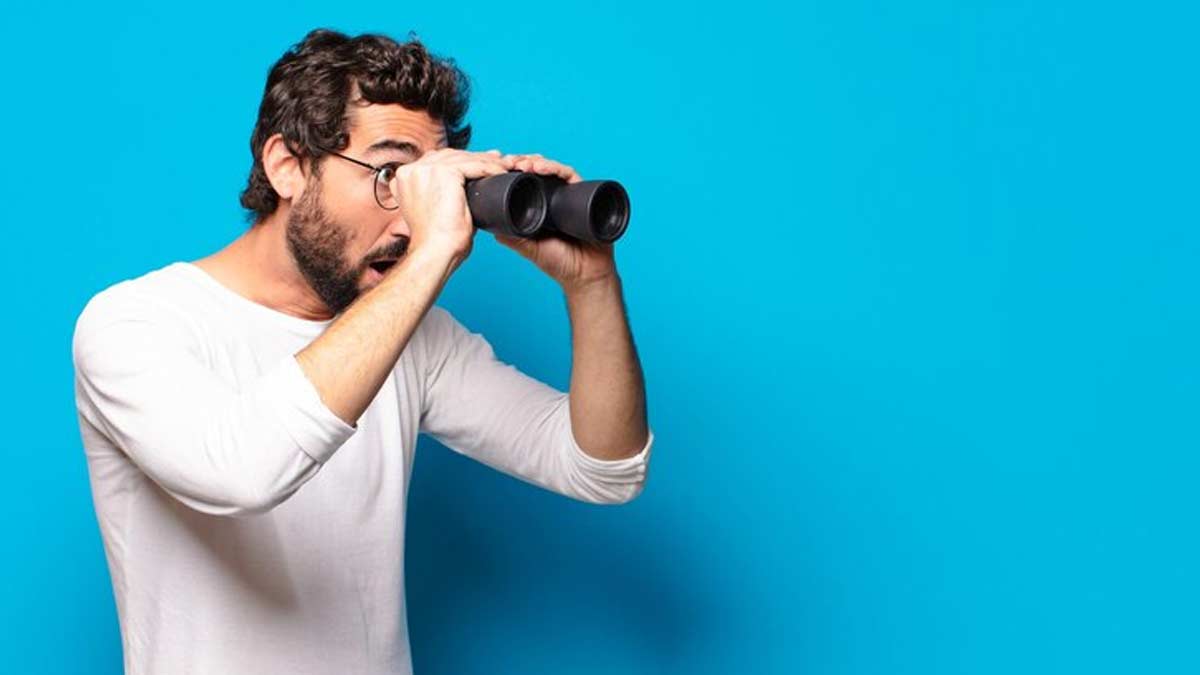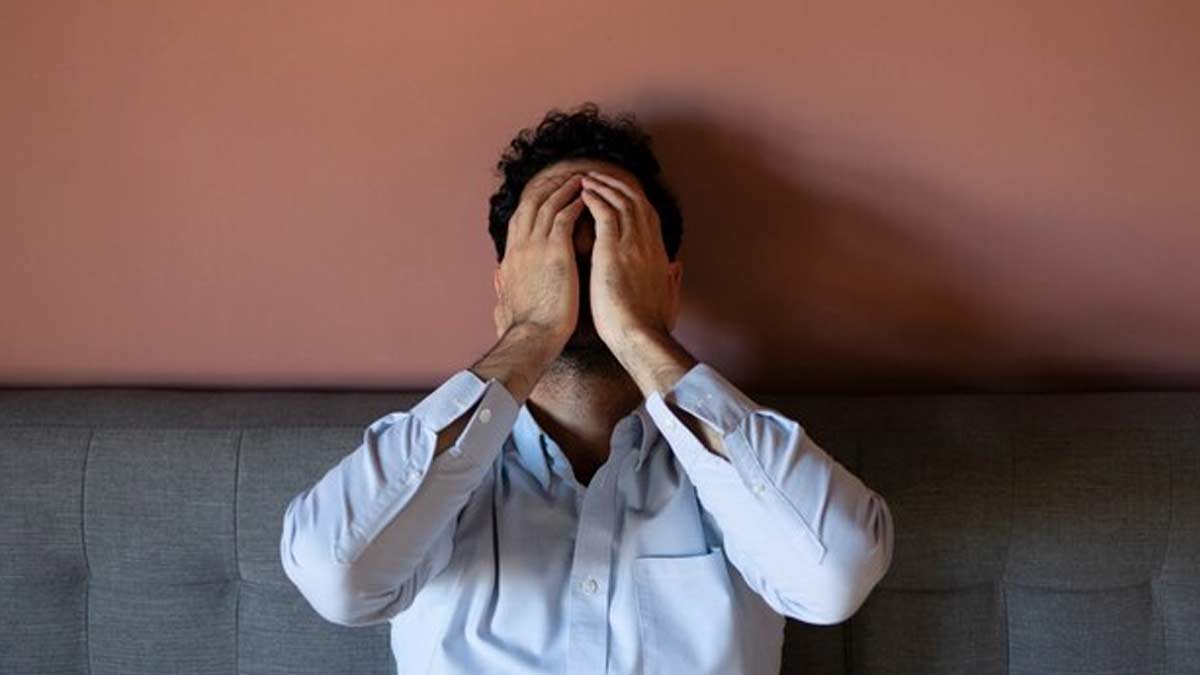-1740738019711.webp)
Anxiety and curiosity might seem like opposites, but they share a surprising connection. While anxiety is rooted in fear of the unknown, curiosity thrives on exploring it. In today’s fast-paced world, anxiety has become a common struggle for many. While traditional solutions like meditation and nature walks are often recommended, they don’t work for everyone. What if there was a simpler, more engaging way to tackle anxiety? Surprisingly, the answer might lie in something we often overlook—curiosity. An expert explores the fascinating connection between anxiety and curiosity, offering fresh insights and practical tips to help you navigate life’s uncertainties.
Table of Content:-
CHECK YOUR
MENTAL HEALTH

Connection Between Curiosity and Anxiety
View this post on Instagram
Vaasanthika, Therapist, Founder - Heartsease Counseling Services, Chennai, explains how cultivating curiosity can be a powerful antidote to anxiety. The expert defines anxiety as “the fearful anticipation of future events,” where the mind fixates on worst-case scenarios. In contrast, curiosity is “a positive desire to see what’s next—it’s excitement for new information.” She explains, “Anxiety keeps you stuck in fear, while curiosity opens doors to learning and growth.” Her approach challenges conventional methods: “If meditation or spending time in nature isn’t working for you, curiosity offers a simpler path. It’s a habit you can build, not a chore you force.”
The Science Behind Curiosity and Mental Health
A groundbreaking study found that people with a high ‘need for cognition’, those naturally curious and eager to learn—had a lower risk of anxiety and depression compared to less curious individuals. Researchers noted that curiosity fosters resilience by shifting focus from ‘what if’ fears to ‘what’s next’ exploration. Curiosity rewires the brain. When you ask questions instead of assuming the worst, you replace fear with possibility.
ALSO READ: What Is the 54321 Grounding Technique? Simple Mindfulness Tool to Combat Anxiety
How to Build Curiosity as a Habit

Vaasanthika shares actionable steps to turn curiosity into a daily practice:
- Start Small: Ask one question daily about something you take for granted. ‘Why does the sky change colour at sunset?’
- Explore New Topics: Read, watch, or listen to something outside your routine—even for 10 minutes.
- Embrace ‘I Don’t Know’: Treat gaps in knowledge as opportunities, not weaknesses.
- Talk to Strangers: Learn about their experiences or hobbies. Every person has a story you’ve never heard.
- Journal Discoveries: Write down new things you learn each week to track progress.
Practical Tips for Anxiety

- Reframe Anxious Thoughts: Instead of ‘What if I fail?’ ask ‘What could I learn from trying?’
- Use Curiosity as a Pause Button: When anxiety spikes, distract your mind with a question. “How do birds navigate storms?”
- Celebrate Small Wins: Notice how curiosity reduces tension over time.
ALSO READ: Who Are Energy Vampires? Expert Shares The Truth About People Who Drain Your Energy
Why This Works
Curiosity doesn’t require perfection—just practice. Vaasanthika explains: “The more answers you seek, the more confident you become in handling uncertainty. Anxiety shrinks as curiosity grows.”
Conclusion
Anxiety and curiosity are two sides of the same coin: one fears the unknown, and the other embraces it. By adopting the expert’s strategies, you can transform anxiety into a catalyst for growth. Curiosity isn’t just a tool—it’s a way of life. Start small, stay consistent, and watch fear fade as wonder takes its place.
Also watch this video
How we keep this article up to date:
We work with experts and keep a close eye on the latest in health and wellness. Whenever there is a new research or helpful information, we update our articles with accurate and useful advice.
Current Version